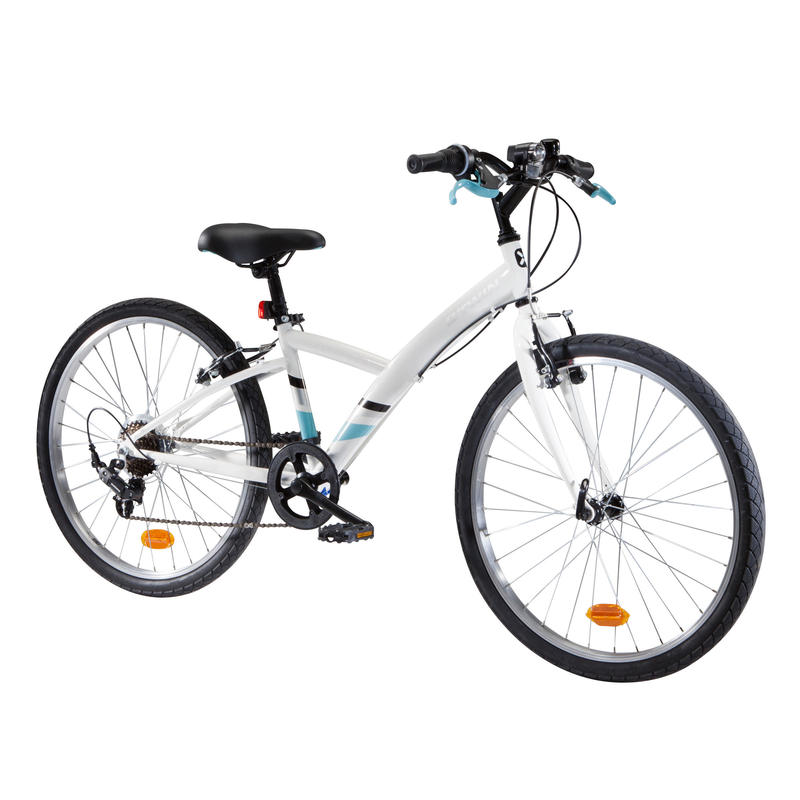

There are roughly four types of cargo bike in common use today, although none of these terms are official and there’s plenty of blurring on the edges. In the post-war era, and the age of car-centric reconstruction that followed, cargo bikes were left a curiosity in many countries, save, of course, their use to sell ice cream or other food at funfairs, festivals and markets. In Europe, before the second world war, cargo bikes were a common sight on the streets, used by grocers, tradespeople and families to carry goods and people. It’s worth saying that cargo bikes are nothing new – in the days before the car was king, cargo bikes were used by many. And this isn’t a dispatch from some far-flung utopia, but something that might become massively popular as a looming fuel crisis causes the price of fuel to skyrocket. It means that modern cargo bikes can rid dense city streets of delivery vans cluttering up our roads, and SUVs doing little more than the school run. The argument that you need to be physically fit to ride – if that’s even true – doesn’t really apply any more given the benefit of electrification. It’s this form of cycling that may provide the easiest win for both individuals and cities to help solve the climate crisis. Cargo bikes offer the capacity to carry multiple people at once and / or haul sizable loads of stuff with very little trouble.

Bikes can’t be used to ferry kids on the school run or haul a week’s worth of groceries, and so it’s pointless to look at them.Įxcept, of course, bikes have always been able to do those things, sometimes more efficiently than a car, SUV or truck. The other objection is that a standard bike can only carry one person, making it useless for the times when you need to carry multiple people, or lots of stuff. Others respond saying that bikes can’t possibly replace cars for a multitude of reasons: Riding on roads is dangerous, it requires a fit body, it makes you get all sweaty, it’s not ideal for trips into the office and bikes can’t protect you from the rain. Someone will point out that bikes are a lot more efficient and environmentally friendly, reduce congestion and are often faster than cars in cities. As the need for cleaner, more sustainable transport becomes ever more urgent, I’ve noticed a familiar pattern in conversations on the topic.


 0 kommentar(er)
0 kommentar(er)
